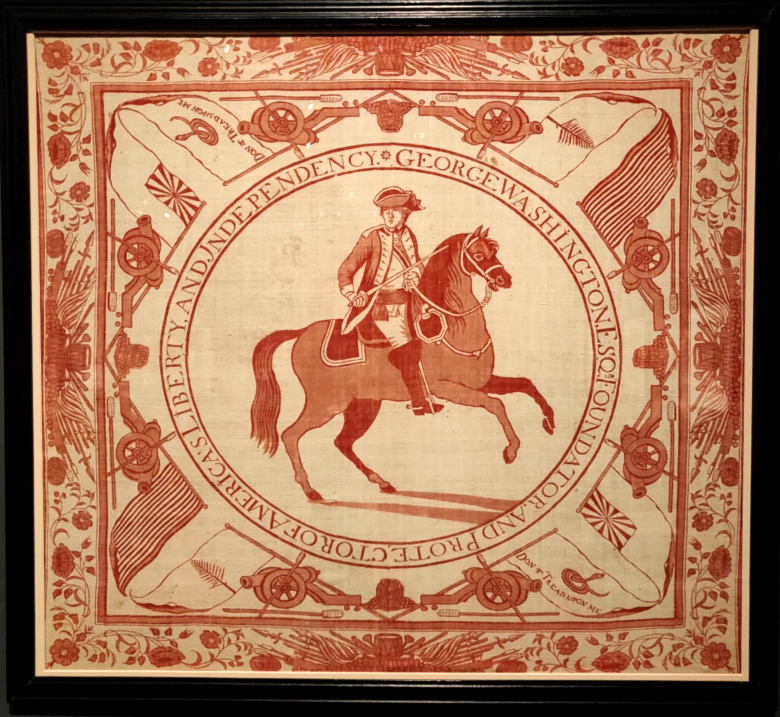Book Review:
The Men Who Lost America, British Leadership, the American Revolution, and the Fate of the Empire
By Andrew Jackson O’Shaughnessy Yale University Press, New Haven, CT. Hardback. $37.50 ISBN: 978-0-300-19107-3;466 pages, 7.25 x10.25.
Many of us have been brought up with the understanding that the British leadership, both military and/or governmental, was made up of incompetents. This view is commonly maintained by both Americans and British. In addition, it is a view promoted by legitimate historians such as George Otto Trevelyan, and Winston Church. The vision of ineffectual leadership often appears in fiction. Arthur Conan Doyle, a historian himself, had his fictional detective Sherlock Holmes say, “…I am one of those who believe that the folly of a monarch and the blundering of a minister in far-gone years…”[1]
Andrew Jackson O’Shaughnessy convincingly presents the case that the monarch, George III, and the Prime Minister Lord North, were far from foolish and blundering. Nor were the other highlighted leaders which includes the Howe brothers; Generals Burgoyne, Clinton, Cornwallis; Admiral George Rodney, and the administrators George Germain, and the Earl of Sandwich.
O’Shaughnessy is quick to point out that these men were not error-free in their judgment nor error-free in their personal qualities. However, he carefully explains the problems they faced and how they reached the decisions they made. It is fascinating to see that some of their errors were based on erroneous reports on the situation in distant (both in communication time and mileage) America, or their own misunderstood concept of the situation on the ground. These men also had to balance military and logistical requirements not only in America but around the world which influenced their decision-making.
O’Shaughnessy demonstrates that these talented and competent men together formed a very capable enemy for the Americans to successfully overcome. The fact that the Americans did succeed only enhances the Americans achievement.
The book is beautifully written and reads easily. The scholarship is excellent and provides an insight into the British that for most will be fresh and thought provoking. I highly recommend it.
[1] This quotation appears in the story “The Adventure of the Noble Bachelor” originally published in April 1892.









4 Comments
This one looks like a keeper — as soon as I get my copy, I’m going to keep it!
This should be a solid complement to O’Shaughnessy’s “An Empire Divided.” My reading of that study of the “other” Atlantic colonies (Caribbean) is that the author suggests that the British weren’t able to mount a compelling defense of both the North American and Caribbean colonies, and so they chose the sugar islands.
More on my blogs:
History: Bottom Lines
Barley Literate
Well, Mr. Harrington, that would make at least two Baker Street Irregulars who have read and enjoyed this book. I first heard of it in early February when Dr. O’Shaughnessy came to New York to speak about it at the American Revolution Round Table of New York.
This book definitely is a keeper. And, it’s one that needs to be read from time to time to help keep an open mind about the key players in the War.
John, I’d like to think that we’re not the only Baker Street Irregulars who study the American Revolution.
Hugh T. Harrington, BSI
Congratulations on a well researched and well written book. Information on the world geopolitical situation during the American Revolution is especially compelling. Too often authors focus on land campaigns and battles without considering the impact of global events. The author makes a strong case that events in the West Indies had strong causal impact on the outcome of famous campaigns such as Cornwallis in the South and Burgoyne in the North. Well done and an enjoyable read.